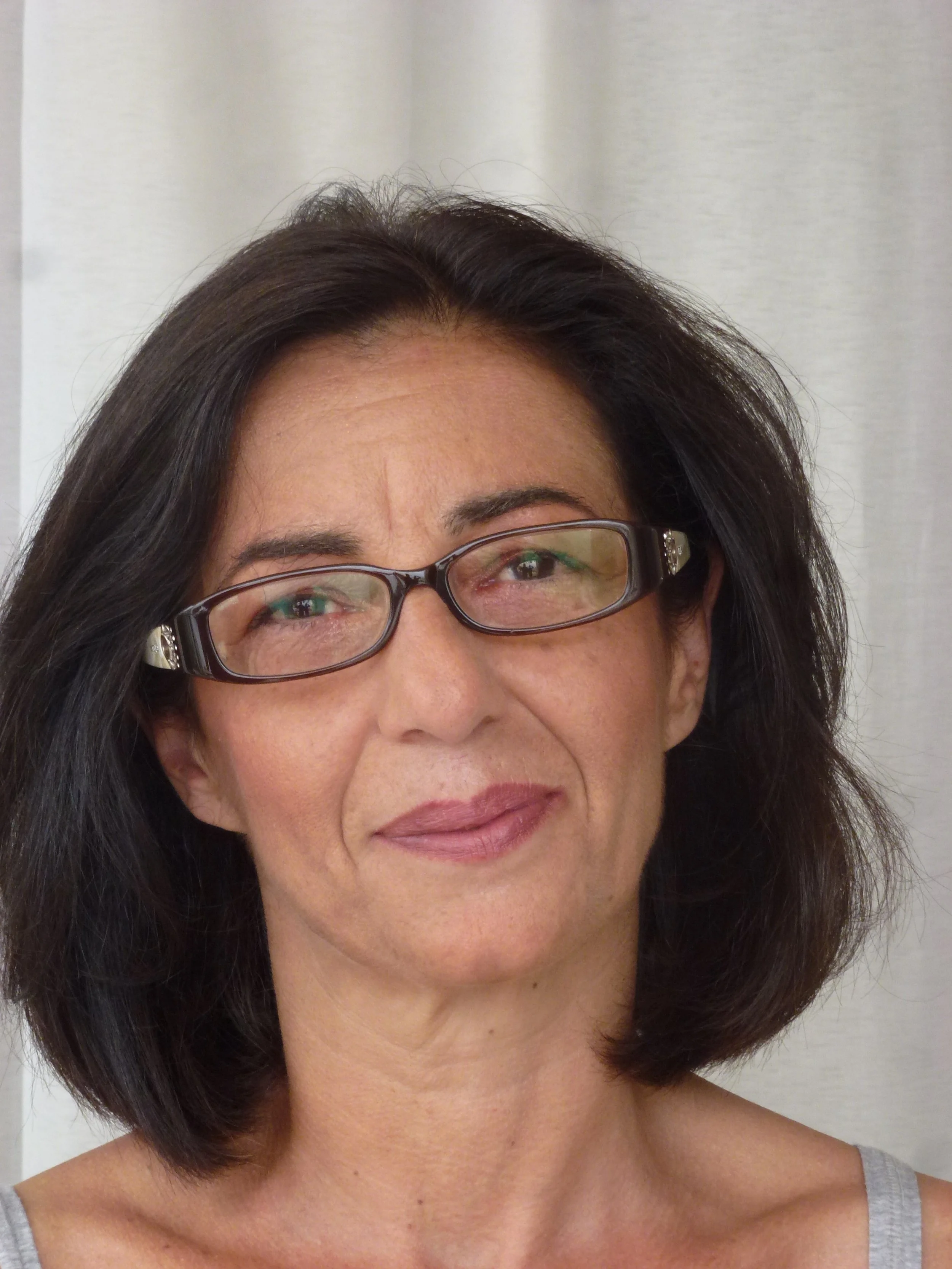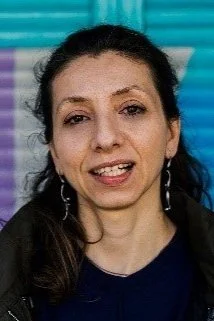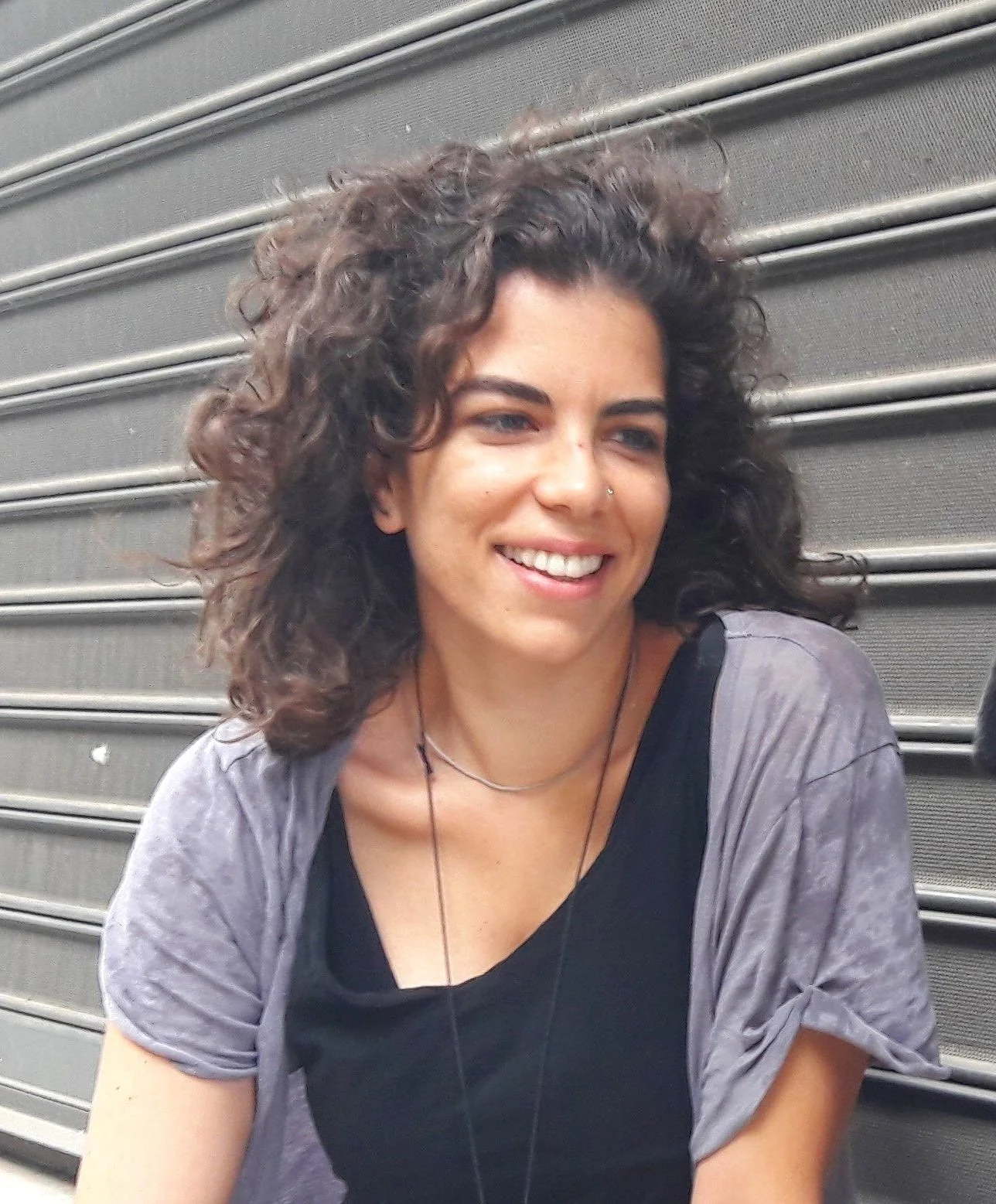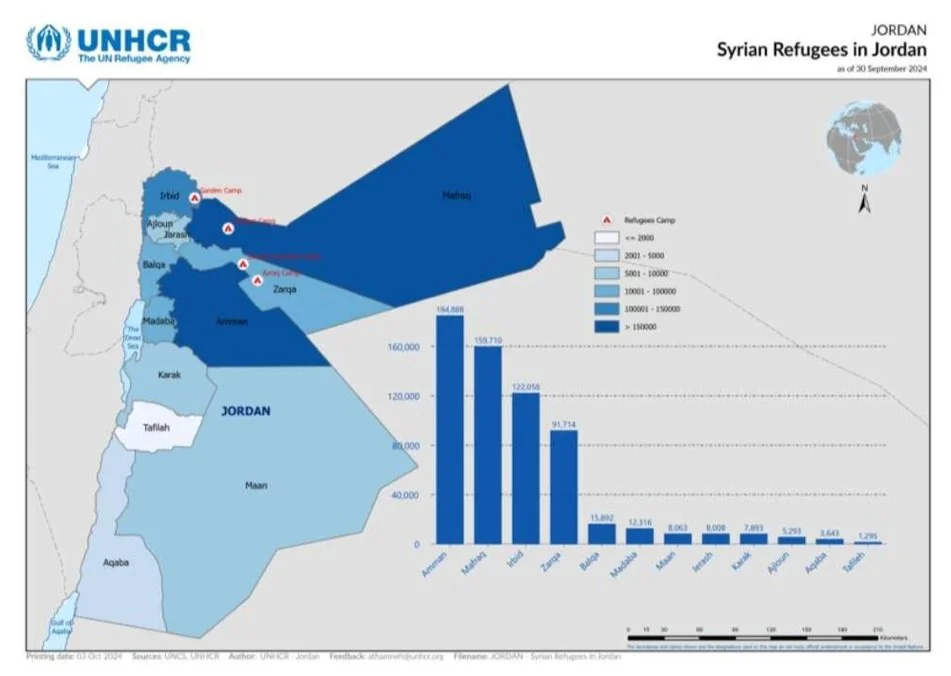The National Center of Social Research –ΕΚΚΕ- was established in 1959 under the auspices of UNESCO and is the only public institution in Greece dedicated to the social sciences. ΕΚΚΕ is a public law legal entity supervised by the General Secretariat for Research and Innovation of the Ministry of Development and Investments.
EKKE’s Institute of Social Research is active in the following areas: Social and Economic Inequalities, Social Cohesion Policies, Values, Attitudes, Behaviors, Problems and Needs of Vulnerable Social Groups, Demographic Trends, Labor Market, Social Economy and Social Entrepreneurship, Family and Employment, Gender Issues and Policies, Identity and Memory, Immigration, Xenophobia and Racism. Political and Social Institutions, Political Parties and Personnel, Government Policies and Public Administration, Information Society, the Medias and Politics, Electoral Sociology and Geography, Political Culture, Nationalisms and National Identity, Social Exclusion, Social Cohesion, Cultural Identity, Cultural Consumption, Management of Cultural Resources. Urban Social Geography, Rural Society and Social Exclusion in Rural Areas, Family Farming, Agricultural Restructuring and Employment, Environment and Environmental Organizations, Tourism and its Social Consequences.
George Kandylis, Principal Investigator
George Kandylis is a Senior Research Fellow at the National Centre for Social Research, Athens. Trained in political science and urban social geography, he has mainly worked in research on contemporary immigration and its impact on urbanization processes in Greece. His areas of interest include social segregation and inequalities, spatial mobility, racism and securitization in Greek cities.
Eva (Evangelia) Papatzani, Co-Principal Investigator
Eva (Evangelia) Papatzani holds a PhD in Migration Studies and Urban Geography, from the Department of Urban and Regional Planning, National Technical University of Athens (NTUA), Greece. She has extensive research experience in international and national research projects and has collaborated with different Universities and Research Centers in Greece such as the NTUA, the School of Spatial Planning and Development (Aristotle University of Thessaloniki), and the Department of Geography (University of the Aegean). Her research interests include the geographies of migrant and refugee settlement, displacement and mobility, refugee reception and accommodation, urban encounters with difference, interethnic relationships and micro-segregation in urban space, institutional and everyday racism, housing policies, and urban transformations.
Panos Hatziprokopiou
Panos Hatziprokopiou is Associate Professor at the School of Spatial Planning and Development, Aristotle University of Thessaloniki, Greece. He teaches courses on research methods, human geography and urban sociology with a focus on migration and housing. He studied Economics, Sociology and Human Geography in Greece and the UK. His research interests focus on migration, processes and practices of settlement, inhabitance and incorporation of migrant populations in urban settings, as well as on issues of urban social geography related to diversity and inequalities on the urban space, spatial practices and urban transformations. He has received several research grants and has taken part in a number of research projects, including EU-funded ones. He has published a monograph and more than 50 journal papers, book chapters and research reports.
Penny (Panagiota) Koutrolikou
Penny (Panagiota) Koutrolikou is an associate professor at the School of Architecture, National Technical University of Athens (NTUA). Her research interests include governance and discourses of crises; urban conflicts; geopolitics of migration and development; and socio-spatial justice and geographies of rights. She has recently been involved in research projects on legal geographies of (un)safety and asylum in Afghanistan, on the embodied geopolitics of post 2016 Turkish migration to Athens, on redefining spatial justice in Athens, and on governmentalities of urban crises.
Christina Varouxi
Christina Varouxi is a political scientist and works at the National Centre for Social Research (EKKE) since 1994. Today she holds the position of Functional Scientific Personnel (ELE), grade A’ at the Institute of Political Research. She has a degree in Political Science and Public Administration of the University of Athens and an LL.M. degree, London School of Economics and Political Science, University of London. She has been specialized in the field of international protection of human rights. Her main research interests focus on issues of human rights, gender issues, and migration. She is the author of relevant publications and has been involved in several relevant research projects.
Katerina Vezyrgianni
Katerina Vezyrgianni is a Social Psychologist, researcher at the National Centre for Social Research (ΕΚΚΕ), with experience in research and policy oriented national and EU projects. She specializes in applied social research methods and her interest focuses on the social and occupational integration of vulnerable social groups. In addition, she is active in the field of social inclusion of refugees through education, training and support for humanitarian staff in the context of the refugee crisis. She also addresses issues related to building tolerance against social polarisation among young people through their participation in cultural and sporting activities. Through her engagement in qualitative research, she has gained extensive experience in organising, conducting and analysing data using qualitative research methods (such as in-depth interviews, focus group discussions, etc.).
Angelo Tramountanis
Angelo Tramountanis is a researcher at the National Centre for Social Research (EKKE) in Athens, Greece. He is teaching the core course “Forced Migration” in the postgraduate “MSc in Media and Refugee / Migration Flows” provided by the University of Athens. He is an evaluator for the AMIF Fund (Asylum Migration and Integration Fund) and has coordinated and participated in a number or research programmes related to immigration. He recently coordinated the Greek team in the international programme “Social Protection responses to Forced Displacement”, which was funded by the World Bank. His main academic interests are on immigration and refugee policy, the social integration of immigrants and refugees, and the politicization and securitization of migration. He has published on the Greek immigration policy, immigrant integration, immigrant entrepreneurship, second generation immigrants, and humanitarian assistance to refugees and asylum seekers in Greece.
Katerina Komita
Katerina Komita is a lawyer before the Supreme Court of Greece, specialized in human rights. She holds a master degree on Social Discrimination, Immigration and Citizenship and her research interests include migration and statelessness. For many years she focused on vulnerable migrants. In this context, for seven years she had been the coordinator of a multidisciplinary rehabilitation project that provided holistic services to asylum seekers and refugees who had experienced torture. Throughout the above-mentioned professional experiences, she cooperated with numerous European and International Organizations.
Timokleia Psallidaki
Timokleia Psallidaki is a PhD candidate in the field of Migration Studies and Human Geography in the Department of Urban and Regional Planning of the School of Architecture, National Technical University of Athens, Greece (NTUA). Her research interests focus on migration, border transformations processes, socio-spatial settlement of migrants in the city, European migration policies, mobility and precarity. She has worked as a researcher, as well as in humanitarian organizations supporting asylum seekers, migrants, and refugees.














In a world where more than half of the Syrian refugees are denied the most basic means of employment, Jordan pioneered a new approach. Instead of leaving the Syrian refugees in perpetual waiting, the country undertook a carefully planned approach: to empower Syrians during their displacement so that they would one day be able to return to Syria not as victims, but as skilled and self-reliant assets. Unlike other host countries that have struggled to integrate Syrian refugees into their formal labor market (or completely omit them)-Jordan took steps in the right direction early on. Jordan provided access to work permits to the Syrians, removed the fees levied on the permits, and provided vocational training and skills development opportunities…